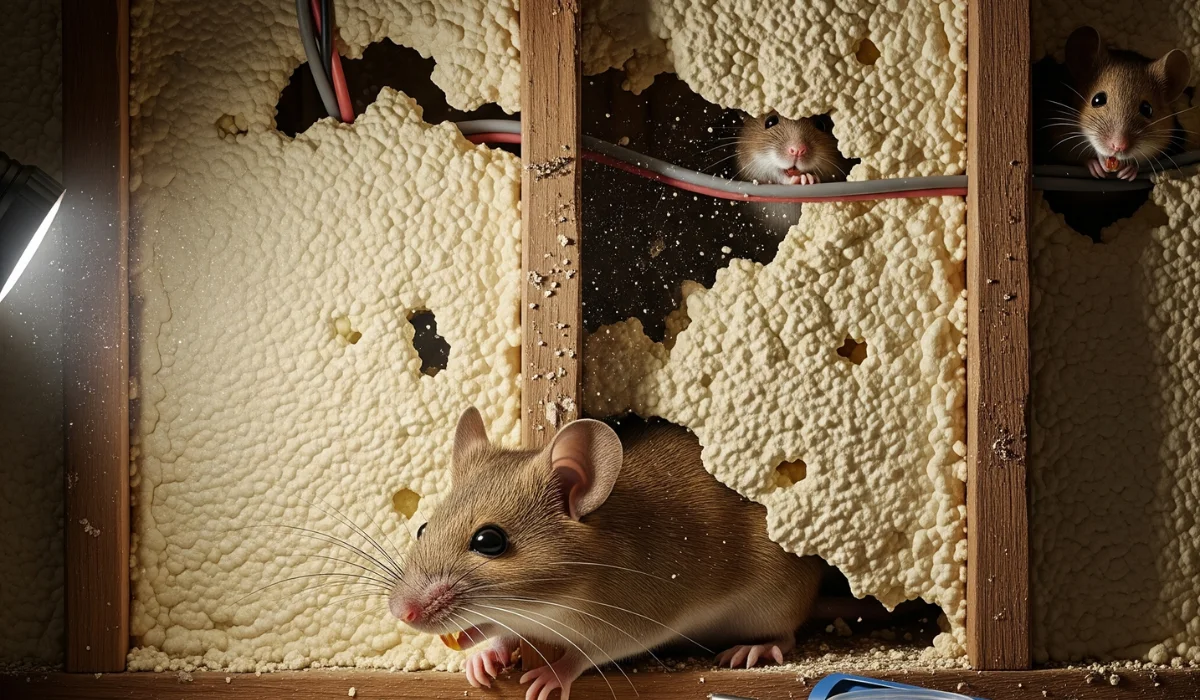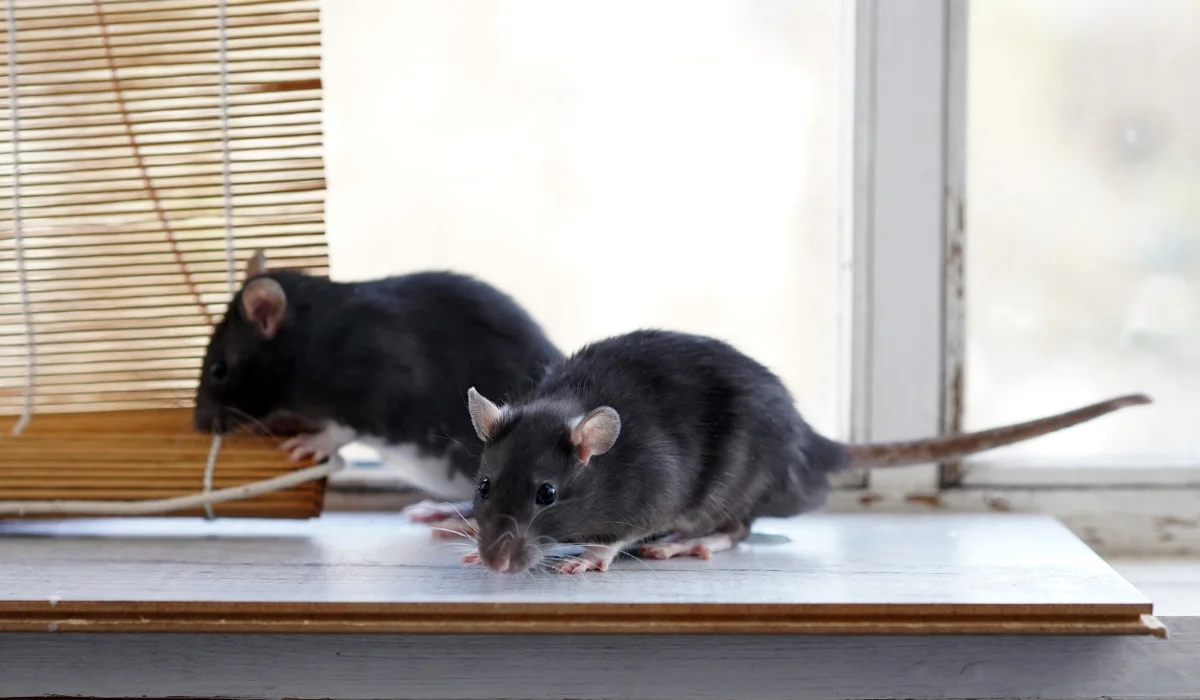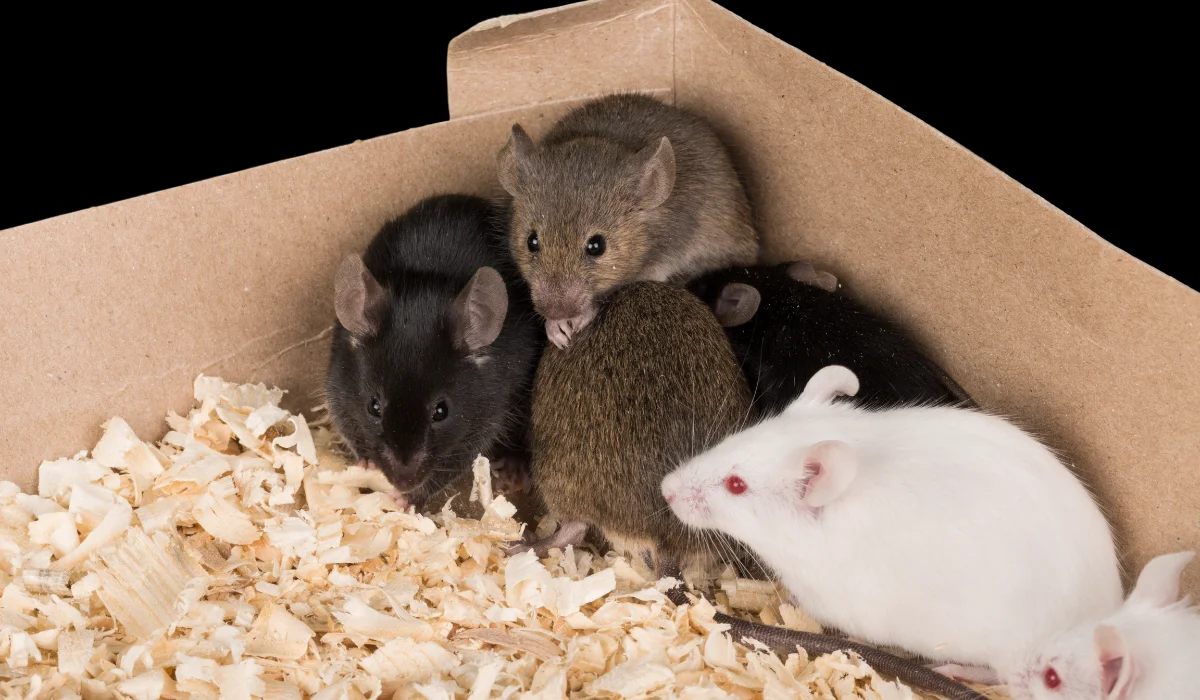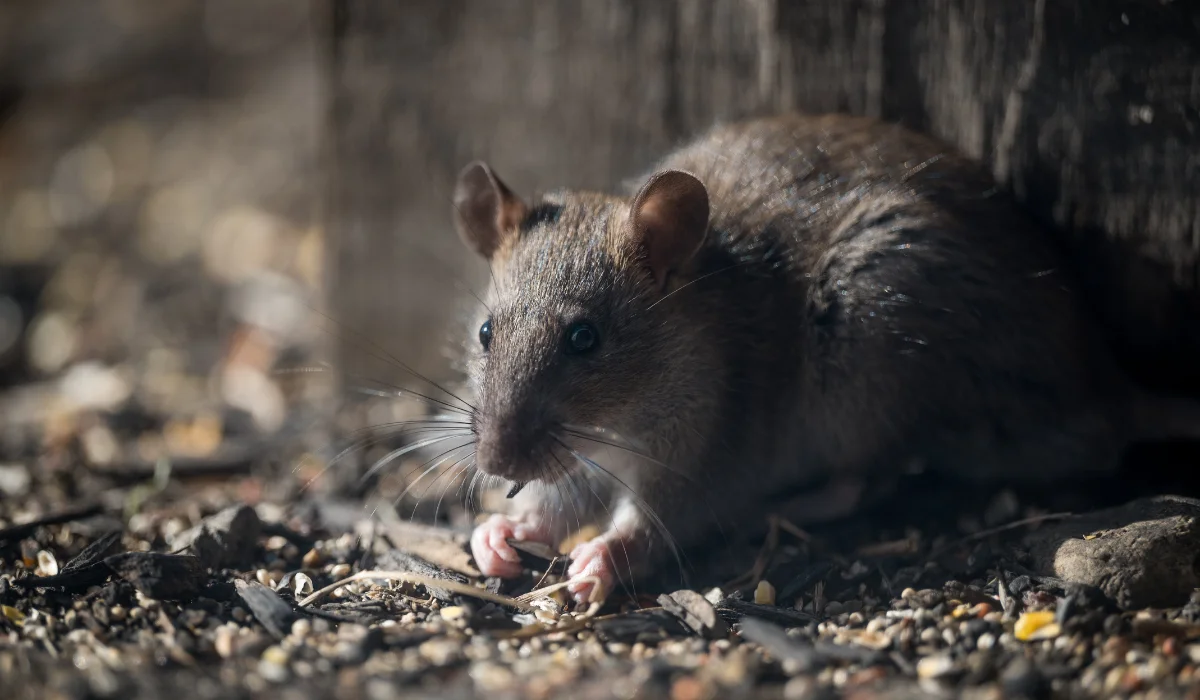Spray foam is popular in Louisiana because it seals air leaks and cuts energy use. If you’ve seen droppings or heard scratching, you may ask: Can rodents chew through spray foam?
Yes. Mice, rats, and other rodents can gnaw through expanding foam and open new paths into your home.
Rodent damage is more than a home repair issue. Rodents raise health risks, hike energy bills, and cause costly damage. Sealing gaps with chew-resistant materials and calling a local pro stops the problem fast.
Across Baton Rouge, Thibodaux, and New Orleans, LaJaunie’s offers rodent control services in Slidell that protect your insulation and keep rodents away.
Key Takeaways
• Rodents can chew spray foam insulation, especially if food or warmth is nearby.
• Spray foam is better than fiberglass or cellulose, but none are fully rodent-proof.
• DIY foam sealants, such as Great Stuff or Pestblock, work best when paired with steel wool or copper mesh.
• Professional rodent control in Baton Rouge seals entry points, protects insulation, and eliminates infestations effectively.
Why Rodents Chew Spray Foam Insulation
Rodents’ teeth never stop growing. To wear them down, they chew almost anything: wood, plastic, wires, and foam sealant. Even durable closed-cell spray foam is not fully rodent-resistant. If mice detect food or feel warmth behind an object, they will chew through it.
Expanding foam seals small cracks, but rodents treat it as one more barrier to chew. Once inside, they shred insulation for nests and leave droppings that spread germs. Hidden infestations grow over time and become serious.
Types of Insulation and Rodent Damage
Not all types of insulation hold up the same against critters. Spray foam seals air leaks better than fiberglass, but rodents can chew both. Fiberglass is soft and makes an easy nesting material. Cellulose insulation, made from recycled paper, is also easy for rodents to tunnel through.
Rigid foam and closed-cell spray foam are firmer, but still not fully rodent-proof. Pair foam sealant with copper mesh or steel wool. These tougher materials discourage chewing and make sealing entry points work better.
Common Entry Points Rodents Exploit
If you have a mouse problem in your Louisiana home, it often starts with small crevices. Rodents can squeeze through holes about the size of a dime. Common entry points include gaps around crawl space vents, attic openings, AC lines, and garage doors.
Manufacturers market Great Stuff and Pestblock foams for rodent control, but they are usually not enough on their own. Without copper mesh or steel wool, mice can still chew through foam. For better results, combine expanding foam with chew-resistant materials.
DIY vs. Professional Rodent Control
Many homeowners try DIY steps, such as using steel wool or peppermint oil, as a repellent. These may slow rodents, but rarely stop a full infestation. DIY methods, such as foam sealants, help seal gaps, but if rodents have already found a food source and water inside, they won’t leave easily.
A professional exterminator takes rodent control further. At LaJaunie’s, we do more than set traps. We inspect crawl spaces, attics, and other areas to identify all potential entry points. Our rodent management includes applying a rodent-block system that combines foam with copper mesh or other tough materials. That system makes chewing more difficult and helps prevent rodents from returning.
Signs You May Have a Rodent Infestation
If rodents are present, you may notice these signs:
• Droppings in pantries, attics, or along baseboards
• Chew marks on wires, cardboard, or stored items
• Odd odors, especially a musty urine smell
• Scratching sounds behind the walls or in the ceiling
A single mouse can quickly turn into a full infestation. That’s why it’s best to call a local pest control expert before rodents cause more damage.
Rodent Proof Insulation Solutions for Louisiana Homes
Home insulation does more than regulate temperature. It also helps block pests. Rodent damage lowers energy efficiency and raises bills. That’s why LaJaunie’s offers attic restoration services, replacing damaged fiberglass with cellulose insulation designed for pest control.
We also install TAP (Thermal, Acoustical, Pest) insulation. It improves energy use and helps fight pests like mice and roaches. Paired with sealed entry points and regular service, it gives long-term protection.
Making the Right Rodent Control Choice for Louisiana Homes
Rodents threaten more than your insulation; they can damage wiring, contaminate food, and put your family’s health at risk. Protecting your home means taking action before the problem spreads.
LaJaunie’s Pest Control provides reliable rodent defense for homeowners across Baton Rouge, New Orleans, Thibodaux, and nearby communities.
Ready for a safer, pest-free home? Contact us today to schedule your inspection and treatment.
FAQs
Can spray foam insulation keep rodents out on its own?
Not entirely. Spray foam seals air leaks, but rodents can chew through it. Pair foam with copper mesh or steel wool for a more substantial barrier.
What insulation is most rodent-proof?
Closed-cell spray foam and rigid foam are tougher. TAP cellulose offers added pest resistance when installed by professionals.
When should I call a pest control company for a mouse infestation?
If you notice droppings, chew marks, or scratching noises, it’s time to call. A professional experienced in rodent management in nearby areas in Southern Louisiana can identify hidden entry points and apply effective, long-term solutions to keep mice out for good.
 By: LaJaunie's Pest Control
By: LaJaunie's Pest Control 



